This week, Nigerian cities saw a resurgence of protests as activists launched the second phase of the #EndSARS movement. Initially triggered by nationwide anger over police brutality, particularly abuses by the Special Anti-Robbery Squad (SARS), the protests have since evolved to target broader issues, including government corruption. Some demonstrators are even calling for the resignation of President Muhammadu Buhari.
The October protests seemed to fade after security forces opened fire on peaceful protesters at Lagos’ Lekki Toll Gate. However, the core issues that sparked the movement remain unresolved, reigniting public demonstrations. While the original #EndSARS protests focused on police violence, activists now push for deeper reforms, including justice for those affected by SARS and broader political accountability.
During the first phase of #EndSARS, the movement garnered global attention, with activists, celebrities, and public figures offering support. International celebrities like Beyoncé and John Boyega, as well as social media platforms like Twitter, helped amplify the cause. Twitter’s CEO, Jack Dorsey, encouraged users to donate Bitcoin to support the movement, highlighting the growing role of digital currencies in activist efforts.
While transnational support can help amplify a cause, sustaining global attention can be difficult. Similar to movements in Hong Kong and the Arab Spring, social media-fueled protests can quickly capture the world’s focus but struggle to maintain long-term momentum. The Buhari administration dissolved SARS shortly after the protests began, but Nigerian activists quickly criticized the move as symbolic. The government introduced a similar police unit, and meaningful reforms have yet to take place.
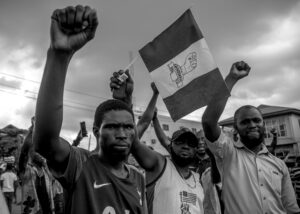
International attention has waned, but the Nigerian government continues to face backlash for its handling of the protests. Activist leaders have been arrested, and bank accounts frozen, while security forces continue to suppress protests. The Lekki Toll Gate, the site of the October shooting, remains a focal point for protests.
Despite the challenges, the #EndSARS movement remains active, with young Nigerians at the forefront. Long-term reform will likely require sustained pressure, strategic organizing, and global advocacy beyond social media platforms. As international attention moves on, the focus must shift to building a stronger organizational infrastructure to push for meaningful changes in governance and security policies in Nigeria.




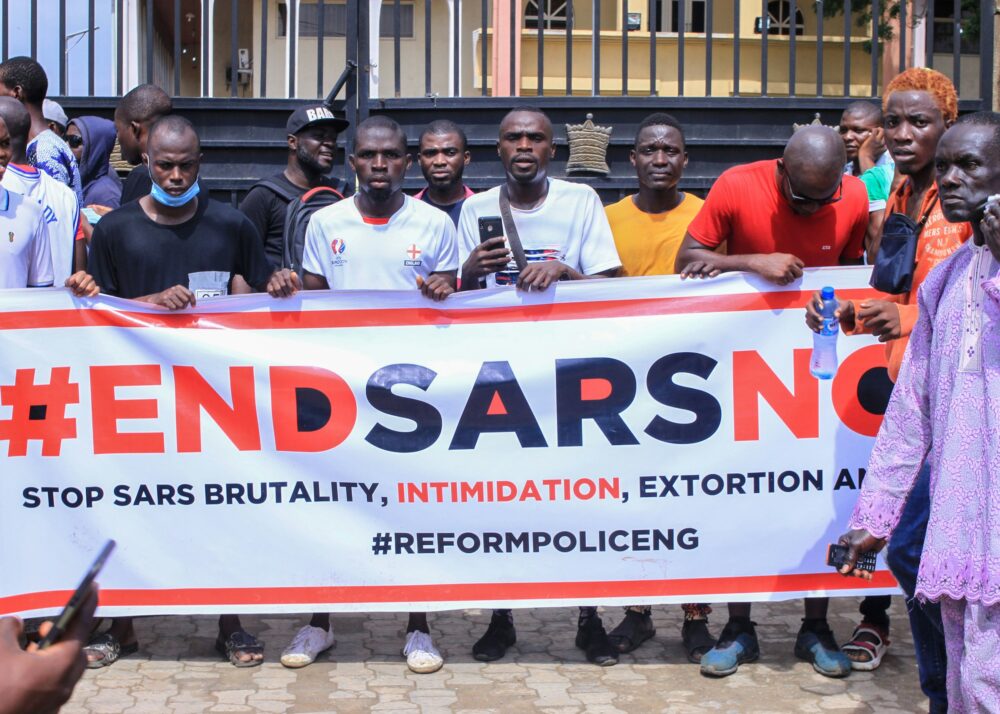


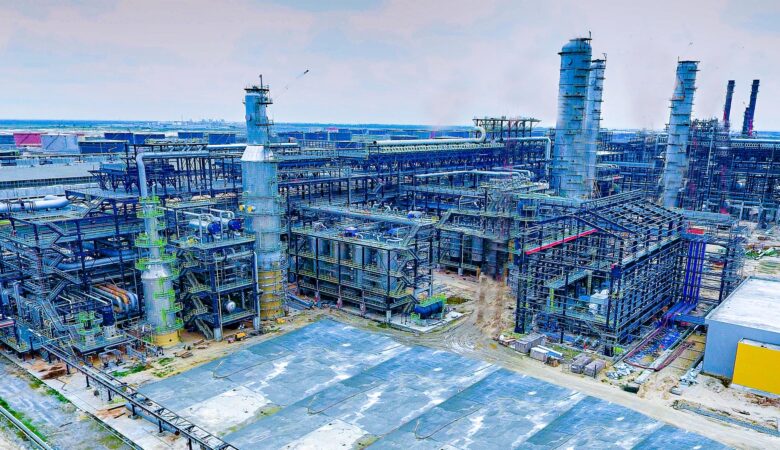
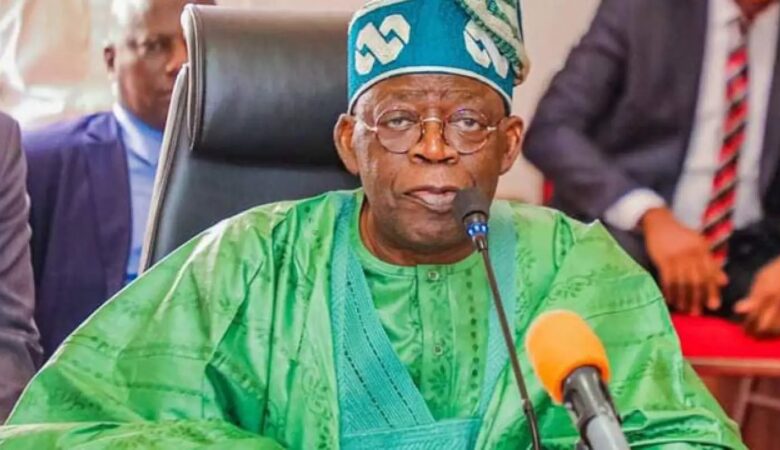
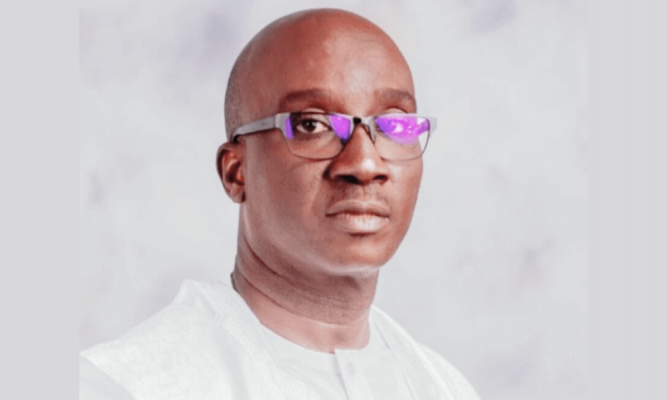
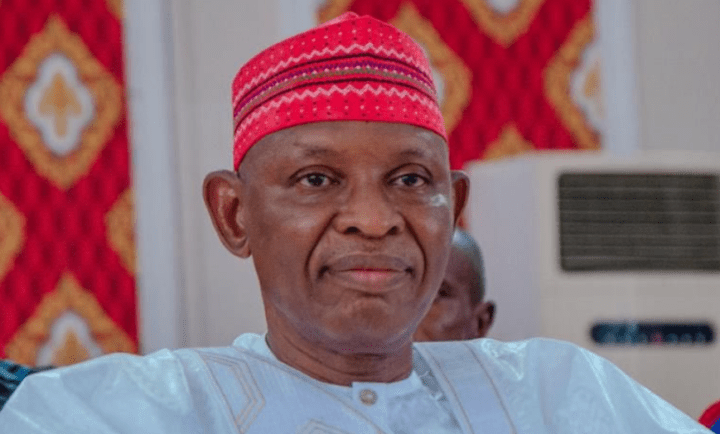



Leave a Reply